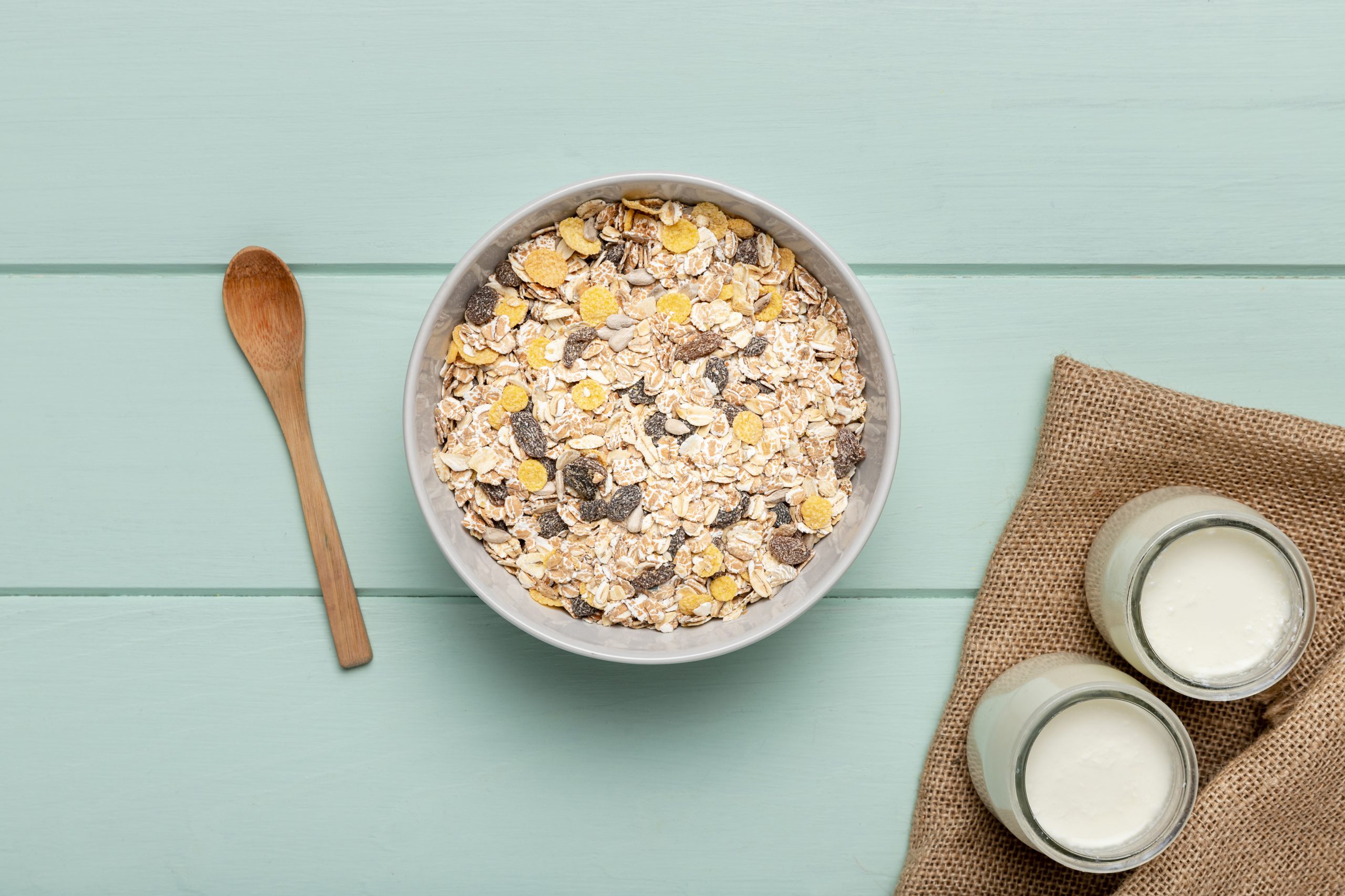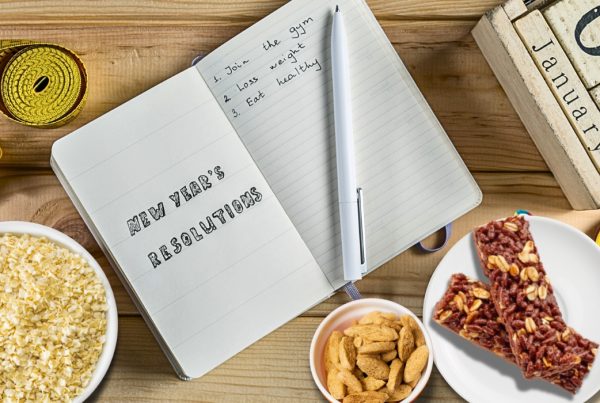It is a well-known fact that starting your day with a wholesome and nutritious breakfast offers plenty of health benefits. It improves your metabolism and boosts your energy levels to keep you active throughout the day.
If you are tired from eating your regular oatmeal bowl or traditional cereal in the morning, then we have a great suggestion to include in your breakfast food options.
We are talking about millet flakes.
Yes, millet flakes or millet poha is an excellent, healthier millet-based food option to include in your breakfast. They are easier to make than other traditional millet recipes and offer numerous health benefits.
Though millet flakes are gaining rapid popularity among health-conscious folks as a healthy and nutritious breakfast option, many still have questions regarding millet flakes and including them in breakfast. Today, we are looking to answer these common questions through our blog post.
What are millet flakes?
Millet flakes are made by flattening different types of millet. They are thinner and lighter than whole millet grains. They offer great versatility, and you can create various sweet and savory recipes by using millet flakes. Millet flakes cereal, millet flakes upma and millet flakes porridge are some of the popular millet flakes recipes that taste good and take less time to prepare.
Can you eat millet flakes raw?
Yes, in general, it is safe to consume millet flakes raw as cold cereal. It can be a healthy and nutritious breakfast option for busy people who have less time in the morning to prepare a hot breakfast. However, it is equally important to keep certain pointers in mind while eating raw millet flakes for breakfast.
Eating raw millet flakes for breakfast might cause digestive issues in susceptible individuals, due to the outer layer (hull) of millets which is often hard to digest.
Thus, if you had any types of digestive issues with millet consumption in the past, then you should avoid eating millet flakes raw. To overcome this issue, you can soak the millet flakes in milk or water overnight and enjoy it in the morning by topping it with fruits and nuts of your choice. Soaking enhances the nutritional benefits of millet flakes and improves its digestibility.
What are the different types of millet flakes that one can easily find in India?
Just like different types of millet, millet flakes are also available in several varieties.
Here, we are mentioning a few readily available options of millet flakes for your reference.
Finger millet flakes
Finger millet flakes or Ragi millet flakes are one of the commonly used millet flakes in Indian households. Finger millet flakes are significant sources of calcium, iron and other essential nutrients. They work great in improving bone health and preventing iron deficiency anemia.
Pearl millet or bajra flakes
Pearl millet or bajra flakes are another easily available millet flakes in India. Pearl millet flakes are a great source of various essential nutrients and antioxidants. You can make many sweet and savory recipes by using Pearl millet flakes.
Barnyard millet flakes
Barnyard millet flakes are made of barnyard millet. Barnyard millet is highly popular as a fasting grain in various parts of India and people make interesting fasting recipes by using it. You can enjoy barnyard millet flakes as a routine breakfast or can include it in your fasting diet.
Mixed millet flakes
Apart from these common millet flakes, some brands in India also offer mixed millet flakes to offer exciting flavors and tastes of millet flakes.
Where to buy millet flakes in India?
Millet flakes are easily available in neighbourhood grocery stores and online. You can buy it online or from physical stores as per your convenience. However, make sure to buy organic and high-quality millet flakes from a trustworthy brand to get all the amazing health benefits that millet flakes offer.
If you are looking to buy high-quality millet flakes online, then we highly recommend you check out our website. We offer premium quality Jowar flakes , Bajara flakes , Ragi flakes, roasted jowar flakes and roasted bajara flakes, at affordable rates.
Conclusion
Millet flakes are a great option to include in your breakfast. However, if you are suffering from any chronic disease, then avoid making any sudden or drastic change in your diet on your own. It is recommended that you consult with your doctor, or dietician before including millet flakes in your diet.
If you are looking for more interesting ways to include millet in your breakfast, read this post to learn 10 delicious ways to include millets in your breakfast.
Also, if you have any more questions around millets, then ping us and we will try to answer it for you. Till then, Stay Happy, Stay Healthy!







